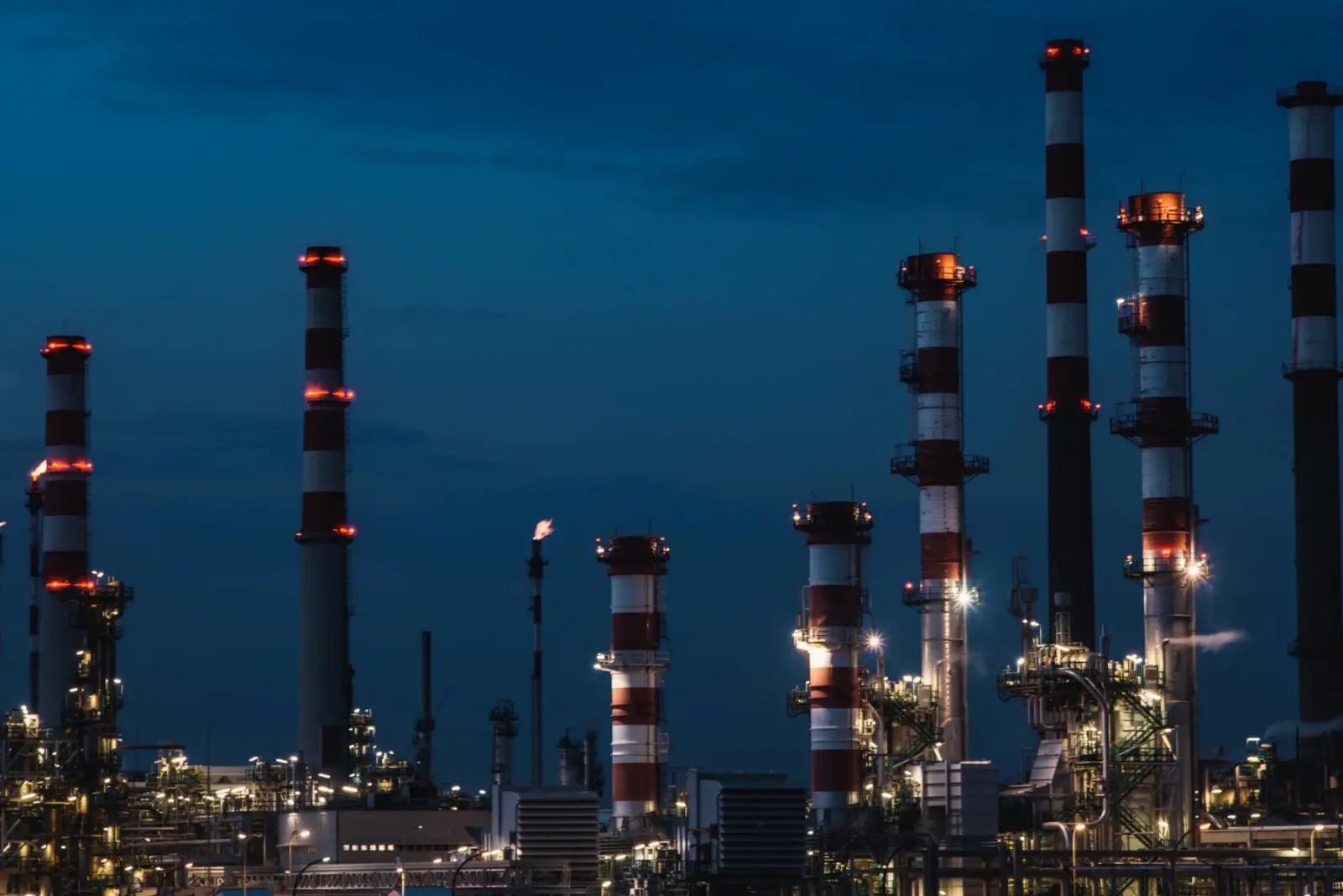When it comes to protective coating, there’s no shortage of options available on the market. Two of the most tried and tested of those options are polyurea and epoxy. Both of these solutions are used almost everywhere that could use coatings, from truck beds to concrete garage floors.
But despite both being popular, trusted methods of coating, is there one that can be considered superior? Is there a better option for you when you’re deciding on which solution to move forward with? We think so, and hopefully, we’ll be able to show you why we think that way. So let’s talk about which coating option is the best one: polyurea or epoxy.
What Are They?
Epoxy
It’s important to understand just what each of them are before we try to make any claims about one being better than the other. Epoxy, is a slow curing resin that can be applied in both thick coats for maximum durability and resilience, or in thin coats for speed and slight flexibility. The thickness of the application is intended to prevent damage done by environmental factors, like rain or heat, and is meant to last an incredibly long time.
However, that is where the trade-off happens. With epoxy, you can have either a highly durable but inflexible coating, or you can have a flexible but weaker coating. Obviously, different people have different needs based on what they’ll use the epoxy for, but the bottom line is that if you want the most out of your coating, you can’t have both when you use epoxy the right way.
Polyurea
On the other hand, while similar in purpose to epoxy, polyurea has a few unique traits that set it apart from its counterpart. For starters, and most important, polyurea is a highly flexible and durable coating that is just as, if not more, capable of protecting surfaces from weather damage, water damage, and heat, along with chemicals, grease, and oil. This flexibility makes polyurea capable of not only enduring environental damage, but also the kind of impacts that would chip or crack less flexible coatings.
It’s not all sunshine on this front, though. Polyurea cures very quickly, and it can be very costly to redo the process if a mistake is made at any point. Additionally, the added quality of being both durable and flexible is reflected in the price of most polyurea coatings available for purchase.
Which One Is Better?
As we said, each person’s specific needs will vary, depending on what they need the coating to be able to do. If you’re looking for the most versatile protection with the largest variety of uses that will last you the longest amount of time, then there’s just no beating polyurea.
It protects against the most environmental factors, requires practically zero maintenance, is the fastest to install, and will last you the longest amount of time. The price point may be higher, but we feel it more than pays for itself in how hard it works for you.
For industrial coating applications customized to your need, get in touch with us.


